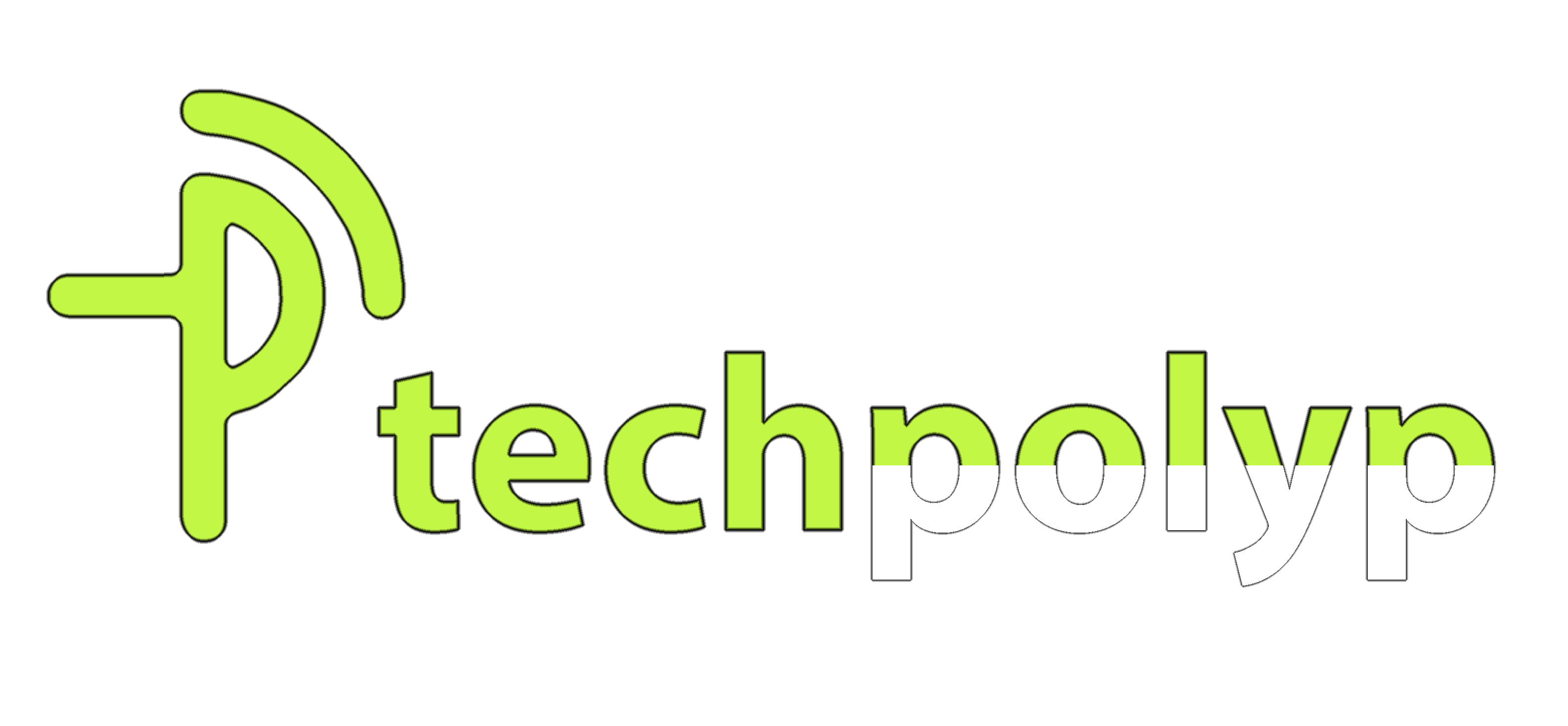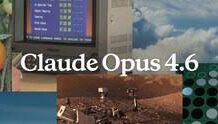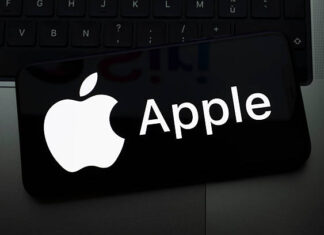When you purchase through links on our site, we may earn an affiliate commission. This doesn’t affect our editorial independence.
YouTube Music has started experimenting with AI music hosts, according to a recent publication. This development provides stories, fan trivia, and commentary about the tracks you listen to. Additionally, the announcement comes two years after Spotify launched its own AI DJ. Moving forward, YouTube AI Music features curated music accompanied by spoken insights about songs and artists.
Read Next:
Forging ahead, YouTube Music’s approach aims to make listening more engaging by blending music with context and interactive storytelling. Additionally, this development provides fans with a new way to connect with their favourite songs.
In the same vein, listeners can now access these AI hosts through YouTube Labs, which serves as the platform’s experimental hub for AI features. According to a blog post, this initiative allows users to test early-stage tools and provide feedback, similar to Google Labs. In the same vein, YouTube Labs is open to all users. Therefore, a Premium subscription isn’t required, though only a limited number of U.S.-based participants currently have access.
YouTube Music AI: Building a Smarter Listening Experience
This YouTube Music AI experiment builds on the app’s previous innovations. The feature includes a conversational radio launched in July. Similarly, this development enables users to specify the type of music they want to hear and instantly create custom radio stations.
In Case You Missed It:
Moving forward, YouTube has also introduced AI-powered tools for creating Shorts and an AI search carousel that summarizes videos. This tool also provides recommendations, and delivers content insights. Sometimes in April, YouTube also introduced an AI-powered tool for content creators. Together, these tools show how YouTube Music AI is expanding beyond simple song playback into fully interactive experiences.
While embracing AI, YouTube is also cracking down on low-quality, mass-produced content. Recall that recent policy updates prevent creators from monetizing videos that are repetitive or inauthentic. This particularly emphasizes originality and trustworthiness.









